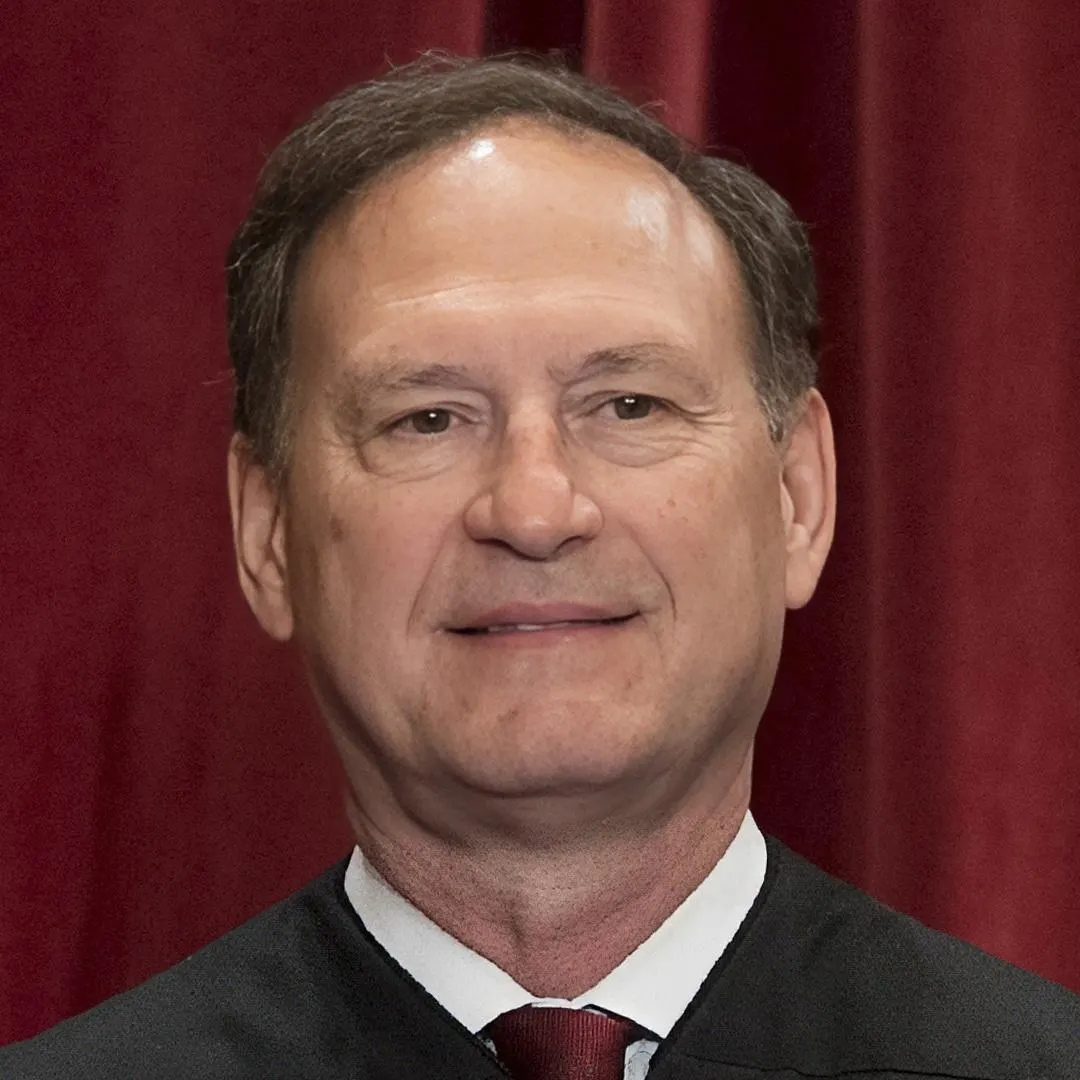Attorneys challenging Tennesse’s law banning sex-change medical procedures for children before the U.S. Supreme Court Wednesday struggled to make their case before skeptical judges. If the court upholds Tennessee’s law, that would add more support to a similar law here in New Hampshire.
The Biden administration’s Solicitor General Elizabeth Prelogar joined ACLU attorney Chase Strangio in challenging the law. They suffered a major setback when Strangio was forced to admit a commonly-used argument regarding sex-change treatment for minors and suicide is in fact false.
Both the Biden administration and the ACLU argue Tennessee’s ban, which is similar to the ban Gov. Chris Sununu signed into law this summer, violates the Equal Protection Clause of the United States Constitution. They argue that because hormone treatments can be given to minors struggling with the impacts of puberty to advance their sexual development — such as giving males testosterone — but these treatments can’t be used to change a child’s sex — giving testosterone to females — it is discriminating on the basis of sex.
Without those treatments, children deemed to be suffering from gender dysphoria will be at risk of suicide, according to Prelogar.
“Left untreated, gender dysphoria can result in severe physical and psychological harms. Those harms include ‘debilitating distress, depression, impairment of function, substance use, self-surgery to alter one’s genitals or secondary sex characteristics, self-injurious behaviors, and even suicide,’” Prelogar wrote in her brief to the Court.
Alito confronted Prelogar with multiple studies that found no significant change in suicide rates, including research from Sweden and Great Britain. For example, he cited the United Kingdom’s Cass Review, which found little evidence to further the viewpoint that the benefits of transgender treatment are greater than the risks.
“I wonder if you would like to stand by the statement in your position, or if you think it would now be appropriate to modify that and withdraw your statement?” Alito asked.
Chase Strangio, the ACLU lawyer who was born a biological woman and now identifies as a man, conceded the facts show suicide among untreated transgender adolescents does not happen, but claimed untreated transgender kids think about suicide.
“Completed suicide is thankfully and admittedly rare,” Strangio said.
The actual rarity of transgender-identifying adolescents committing suicide hasn’t stopped Democrats from using the trope to argue in favor of surgically altering children or allowing schools to socially transition kids behind their parent’s back.
New Hampshire Democratic Party Chairman Ray Buckley claimed transgender kids would kill themselves if schools were legally barred from hiding transitioning efforts from parents.
“[The children] will be kicked out or beaten (to death) or commit suicide,” Buckley wrote on social media.
Strangio also didn’t help the cause by appearing on CNN and suggesting that children as young as two years old know they were born in the wrong bodies.
“These are doctors who are wanting to treat their patients in the best way that they know how, based on the best available evidence to us,” Strangio said of doctors who give hormone treatments to young children. “And these are young people who may have known since they were two years old exactly who they are, who suffered for six or seven years before they had any relief.”
Given the Court’s 6-3 conservative majority, it is likely to side with Tennessee and uphold the ban. The conservative justices generally expressed skepticism that the medical science surrounding transgender adolescents is settled as more data comes in from Europe showing the harms of using surgery and hormone therapy on children, contradicting the current state of medicine in America.
Justice Brett Kavanaugh said the fact that the medical communities in progressive European countries are expressing reservations should give leaders in America pause.
“If it’s evolving like that and changing, and England’s pulling back and Sweden’s pulling back, it strikes me as a pretty heavy yellow light, if not red light, for this court,” Kavanaugh said.


